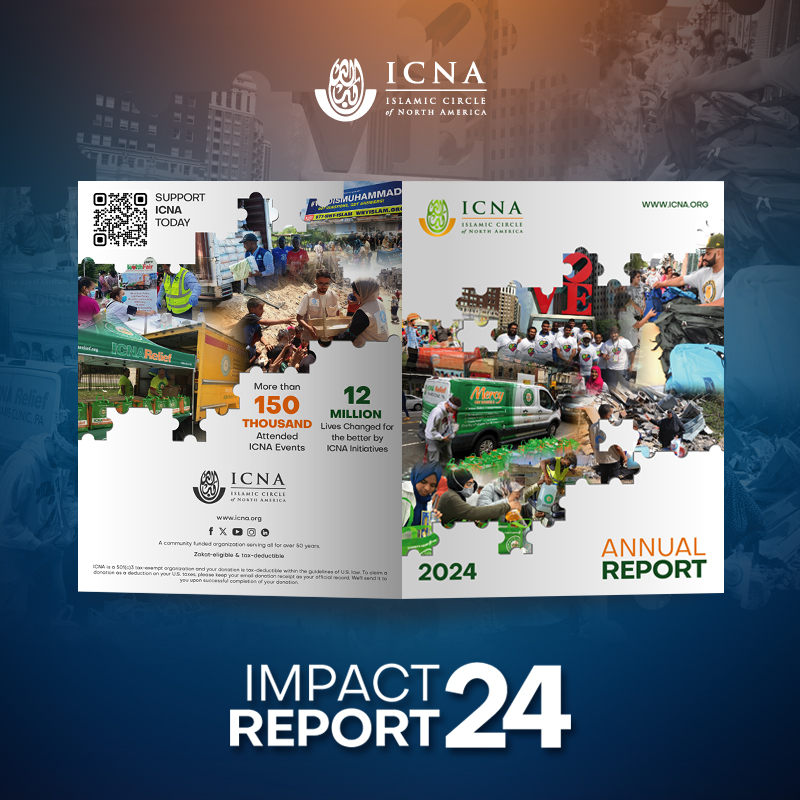
Dear Brothers and Sisters,
Assalamu Alaikum Wa Rahmatullahi Wa Barakatuh,
As we mark Juneteenth—June 19th—as a federal holiday in the United States, it is important for us as Muslims to pause, reflect, and act. Juneteenth commemorates the day in 1865 when the last enslaved African Americans in Galveston, Texas, were informed of their freedom—two and a half years after the Emancipation Proclamation had been signed. It is a day rooted in the painful history of slavery, yet one that affirms the resilience, dignity, and contributions of African Americans in the ongoing struggle for justice and liberation.
As Muslims, we are called by our faith to stand firmly for justice, even if it be against ourselves or those close to us (Qur’an 4:135).
Commemorating Juneteenth is not simply an act of historical remembrance—it is an active commitment to recognizing and supporting the continued fight for Black liberation in America and beyond.
Let us commemorate this day in meaningful ways:
● Learn and teach the history of Juneteenth, slavery, and the enduring impacts of systemic racism. Please assign this topic to one of your weekly NNets.
● Support Inner City Empowerment Center. Plan to volunteer this weekend in your local inner city empowerment center.
● Acknowledge the role of African American Muslims, whose legacy in Islam and in
the fight for justice is profound and deeply rooted in our collective history.
● Observe Juneteenth publicly— as individuals, families, and communities—through reflection, prayer, education, and action.
● Draw the connection between the struggle of Black Americans and other global struggles for justice, including the Palestinian struggle for freedom and dignity.
Indeed, Juneteenth is not complete without acknowledging and committing to the liberation of all oppressed peoples. The legacies of slavery, colonialism, and occupation are not confined by national borders. Whether in the American South or the occupied Gaza and West Bank, we see parallel patterns of dispossession, systemic violence, and resistance.
One of the painful intersections is the controversial practice of U.S. law enforcement receiving
training from Israeli military forces. Indeed, these exchanges risk normalizing aggressive tactics
used in occupation contexts and will contribute to increased militarization and police brutality within marginalized communities in the United States—especially Black and Brown neighborhoods.
In this light, Juneteenth is not just a historical milestone—it is a call to action. A reminder that
while slavery may have been formally abolished, the fight against racism, state violence, and systemic oppression continues. As Muslims, we must be allies in that fight. Not in name only,
but in deed.
Let us honor Juneteenth by committing ourselves to building a society—and a world—rooted in justice, equity, and compassion. Let us stand with the oppressed, support the marginalized, and lift the legacy of those who struggled before us.
May Allah (SWT) guide us in this pursuit and accept our efforts.
Sincerely,
Salman Mujahid
Secretary General – ICNA





